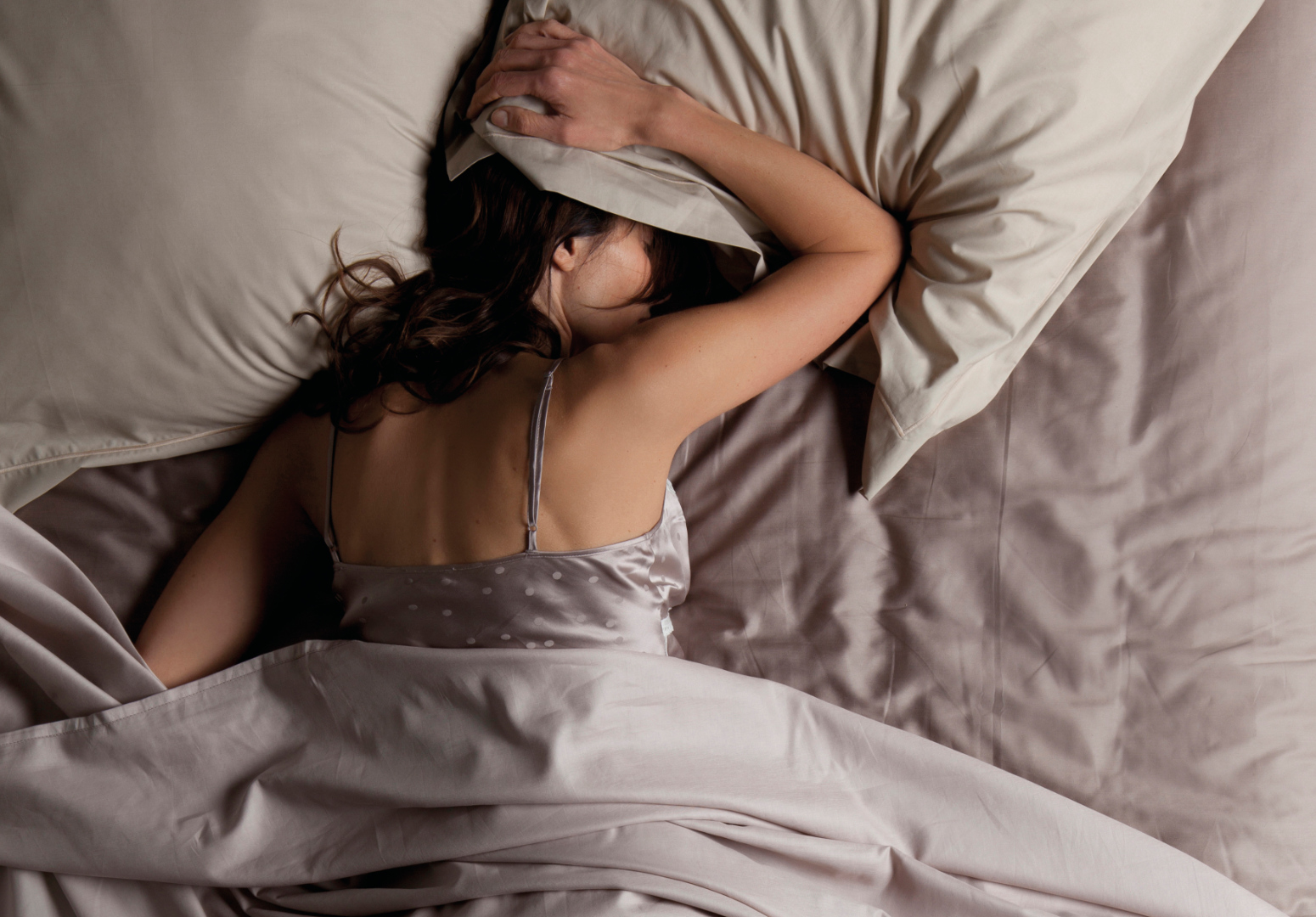You have been waiting for this moment all day. You climb under the covers and sink your head on to your pillow, ready for eight solid hours of uninterrupted beauty sleep. But while you may be desperate for a good night’s rest, your body is just not cooperating. You’re wide awake, staring at the ceiling and wondering why your mind has decided that now is the perfect time to obsess about your to-do list…
Irritability and bags under your eyes are not the only negative consequences of a restless night. Sleep deprivation can have a profound effect on your health, your memory, your relationships and even your quality of life. Missing as little as one-and-a-half hours can upset your routine, so imagine what it could do to your health in the long run.
For starters, you may find it difficult to maintain your body weight. Sleep loss has been linked to weight gain and is one of the risk factors when it comes to obesity. Why? A lack of sufficient sleep will alter the production of hormones that regulate your appetite, namely leptin and ghrelin. This hormone imbalance will create increased feelings of hunger, which will promote overeating.
Pair that with impaired metabolism, a greater tendency to select high-calorie foods, and an overall lack of motivation to exercise (all of which are a result of restricted sleep), and you will find that it’s much harder to control the number on the scale.
Aside from weight gain, poor slumber also has an effect on the following body functions and systems:
Mood: Chronic sleep deprivation could make you more moody, emotional and bad-tempered. This shift could even lead to anxiety or depression.
Immune system: A lack of sleep could make you more susceptible to getting sick, as your immune system will be weakened and less likely to react effectively to viruses, such as the common cold and flu.
Blood pressure: Science has linked getting less than five hours of sleep per night to an increase in blood pressure, which in turn will put you at risk of developing heart disease.
Blood glucose: Studies show that people who do not get enough sleep are more likely to have higher blood-sugar levels, putting them at higher risk for type 2 diabetes. This is due to your body’s release of insulin being affected by a lack of sleep.
Libido: Not getting enough rest has also been linked to a lower sex drive. This is especially the case in men, as they will experience a drop in their testosterone levels.
Clearly, without a good night’s rest, your body and brain will not function at their optimum level, which will dramatically impact your quality of life. If you’re tired of running on empty, try these tricks for better shut-eye:
Open Those Blinds
Try to increase your exposure to bright light during the day. Your body has a natural, internal clock known as your circadian rhythm. It affects your brain, body, and hormones. Exposing yourself to sunlight keeps your circadian rhythm in tune, which increases your energy during the day and improves the quality and duration of your sleep.
Switch Off
Exposure to light during the day is great, but at night it has the opposite effect, especially when it comes to blue light, which is emitted in large quantities by your screens. Your body will think that it is still daytime, and will reduce the production of sleep hormones such as melatonin. To reduce your blue-light exposure at night, download an app that blocks blue light on your laptop and cell phone, and avoid watching TV at least two hours before bed.
Take a Coffee Break
Caffeine stimulates your nervous system, which will make it harder for your body to naturally relax at night. One study even concluded that consuming caffeine up to six hours before going to sleep will have significant negative consequences on the quality of sleep. Rather stick to decaf, especially after 3 pm.
Words: Kayla Van Kerpel | Photography: Gallo/Gettyimages







